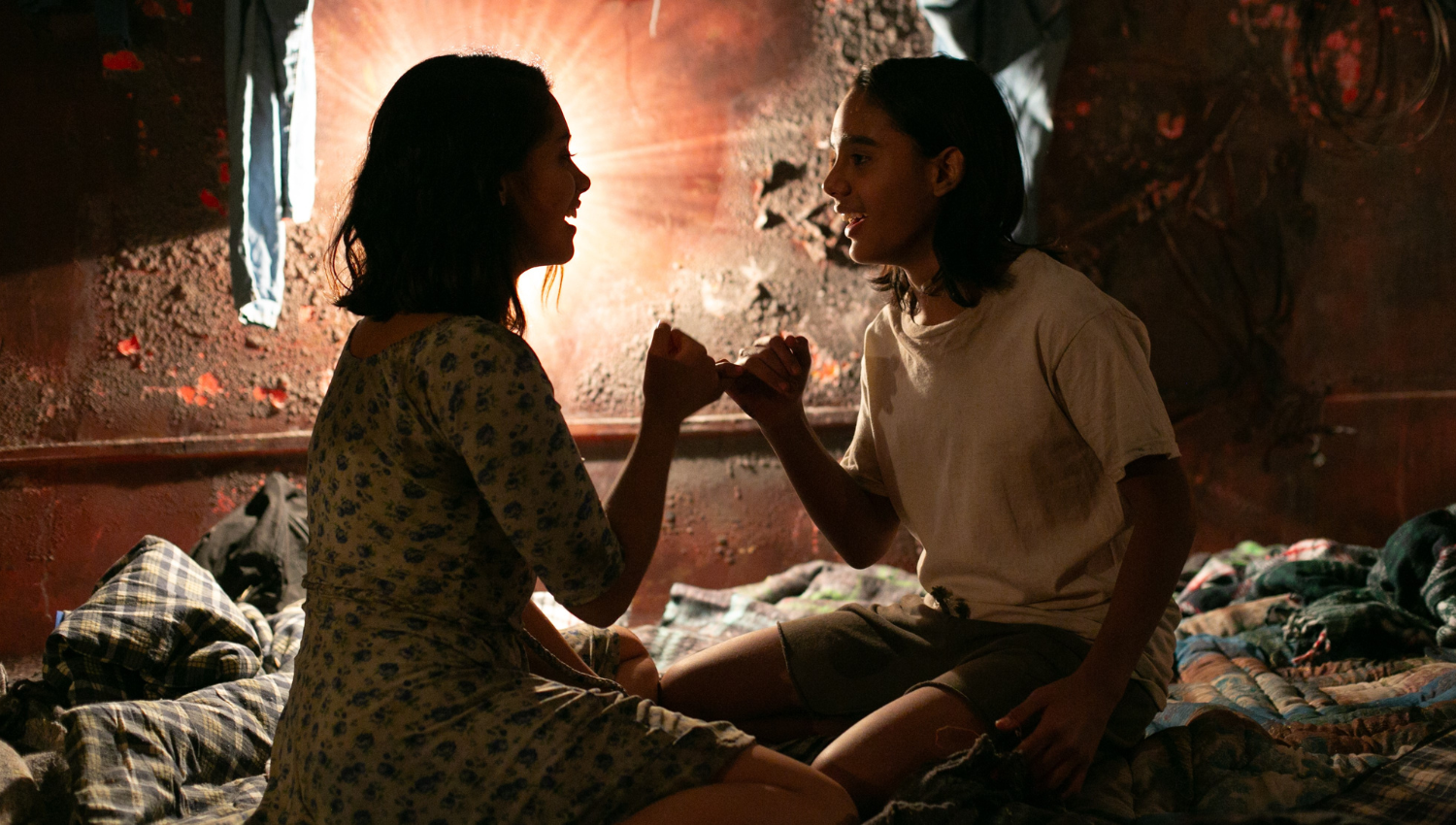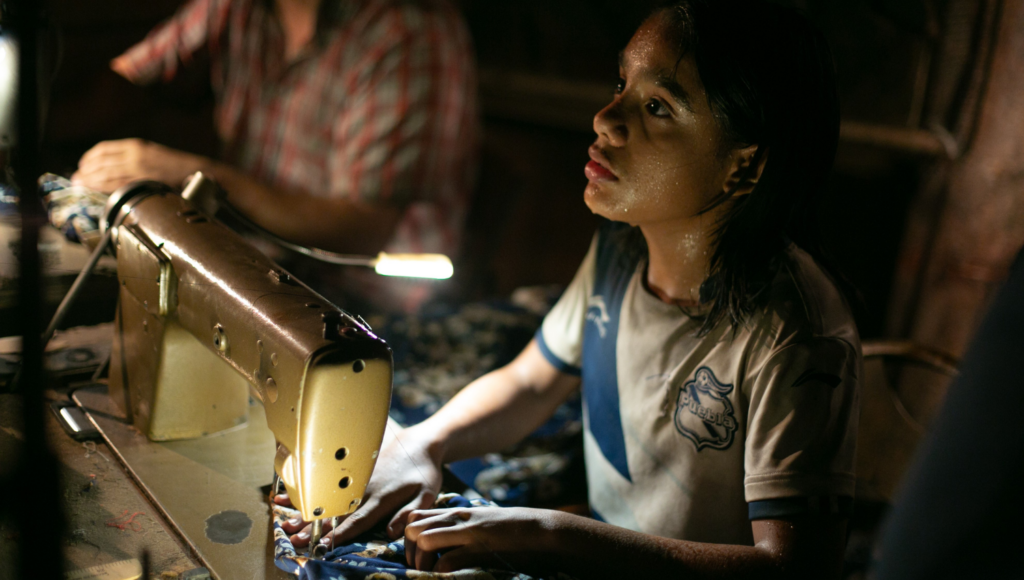
City of Dreams
Dustin Chase
An imperfect film with a powerful message, “City of Dreams” opens with a staggering statistic that 12 million children are or have been involved in modern slavery. Told through the lens of a thriller, the film, helmed by first-time feature director Mohit Ramchandani, is at times hard to watch in its brutality toward children. Yet the film comes from a place of earnest passion to shed light on the practice that’s occurring not in third-world countries but in cities like Los Angeles. Discovery Ari Lopez, the victim/protagonist, holds the viewer captive with his silent performance. A strong score and clever editing choices keep the viewer engaged and riveted in the plot.

In a remote village across the border, Jesus (Lopez) waves goodbye to his friends and loving father (Jorge Antonio Guerrero), who have saved money for him to attend a soccer camp in Los Angeles. The 15-year-old lost his mother at childbirth and dreams of becoming an international soccer star to make her proud. Jesus doesn’t arrive at a camp, however, instead at an illegal sweatshop factory where numerous others, in search of a better life, have been duped and forced to work under horrific conditions. Days turn into months and months into nightmares; the workers’ only payment is lack of brutality. A suspicious LAPD beat cop (Jason Patric) knows something sinister is happening in the residential home that’s a front for the shop but can’t prove it.
"A powerful film with an urgent message that captivates and informs."
A chase sequence on foot through downtown Los Angeles’ fashion district with a handheld camera is as enthralling as any major Hollywood action movie. Lopez is excellent in close-up scenes with expressive eyes, bringing that same intensity to the chase scene. It is not just about escape but exposing the house of horrors; the long scene doesn’t go how you expect. It’s easy to see how viewers can and will get frustrated with “City of Dreams,” scenes of torture, hopelessness, and criminal behavior that overshadow the law. Not without flaws, the nameless, leather-clad female who shows up periodically to take one of the prettier girls away is shot and edited very poorly. What’s meant to express how desperate these workers are to give up one brutality for another is ill-conceived.
Ramchandani borrows notions and concepts from films about prisoners of war, abduction thrillers like “Room,” and indie immigrant films. Producers like Oscar-nominated actress Yalitza Aparicio (“Roma)” and small roles for actors Diego Calva (“Babylon”) and Samm Levine (“Inglorious Basterds”) add to the project’s pedigree. The sum of its parts is quite powerful, yet nothing more so than Lopez, out of character, talking to the camera at the end of the film.
Final Thought
Impassioned purpose and well-designed suspense result in a compelling, albeit flawed, call to action.
